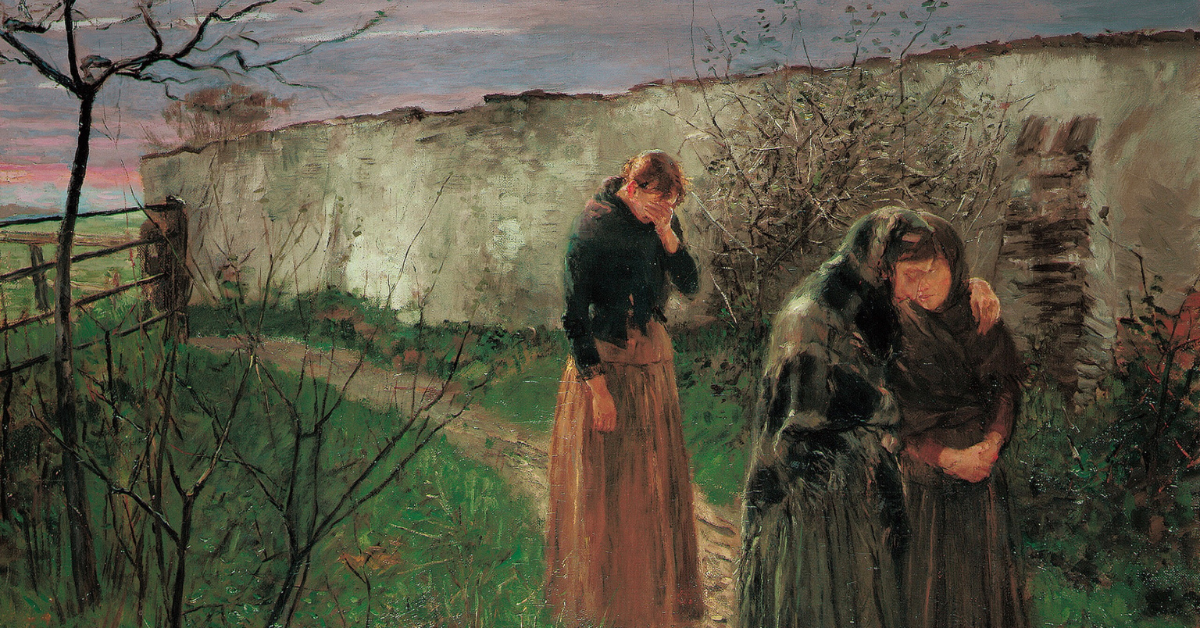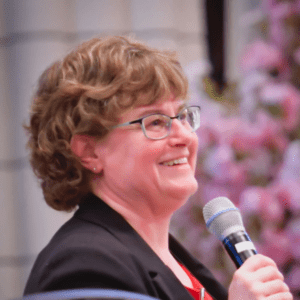There is much going on in the world today that causes our hearts to ache. In the northern hemisphere the days are shorter and the weather is colder. Holiday seasons remind us of relationships that have struggled, or perhaps we have empty chairs at our feasting tables. There are events in the world that test our trust that God is alive and it is difficult to push the grief aside.
We aren’t alone in this experience.
Being faithful doesn’t mean that we need to always be happy. Encountering a lack of trust or insight into God’s presence has been the experience of the faithful from the beginning of time. Perhaps it is for this reason that the Bible includes the beautiful book of Psalms that invites us to experience many feelings, including the grief that comes along with our longings of what we hope for, and the losses for what has already changed.
Acknowledging our emotions is an important part of being human and healthy. Hiding emotions creates distances in our relationships with each other and God, and can negatively impact our energy levels and ability to make decisions that benefit ourselves and those around us. Through Luther Seminary’s Faith+Lead, we’ve been inviting people to spend time sharing these feelings of longings and losses with each other and with God through reflection and writing of their own psalms, and we’ve shared this spiritual practice below.
Why write a psalm? When we look at the general patterns of the psalms, we can see that the writers realized that the world was not as God intended it to be, and when they encounter the broken world with their eyes of faith, they are disillusioned and grieved. There are examples of this over and over again, with the writers releasing their emotions toward those whom they see as guilty whether it is a defined person or people, their own shortcomings, or even God’s inattention. While the exact experiences of the ancient writers may not be the same as the ones in our lives, they are equally disturbing and unsettling. Following their examples, we are invited to bring the fullness of our own heartache out into the open.
However, the true beauty of the psalms is that the writers almost always turn back to a posture of hope at the end, trusting that God, who has been faithful to God’s people throughout the ages, continues to be active even when human eyes and hearts struggle to see. From our vantage point in the future, we too can see how God worked through broken individuals, natural disasters, and wars to build new communities and bring about healing. Much like the writers of the Psalms, we are invited to remember and retell the stories of faith as a way of reminding ourselves that there is a promise that we are beloved, and that there is a larger story in process than we can perhaps see in our limited vision.
Through the spiritual practice of Listening to Longings and Losses, we invite you to be open about all that you are grieving this season. Whether it is through writing in a personal journal, or sharing with a trusted conversation partner, this practice will allow you live more fully into your faithfulness; not by pretending that the world is as it should be, but rather by openly recognizing that it is not. Then, like the psalmists, invite God to help you see where God is working. When we work through the entire process, we are able to claim the promise that Jesus is always with us, and allow God to focus our attention and imagination to actively look for what God might be doing in the middle of pain and hardship, leading us to a posture of hope rather than despair.



